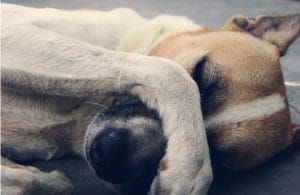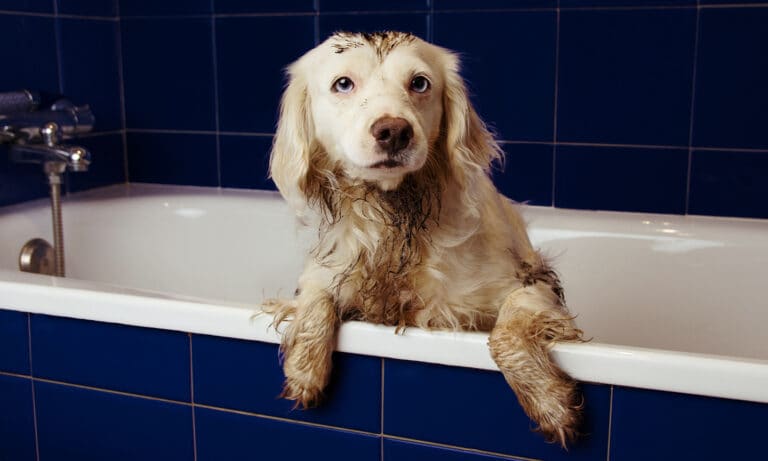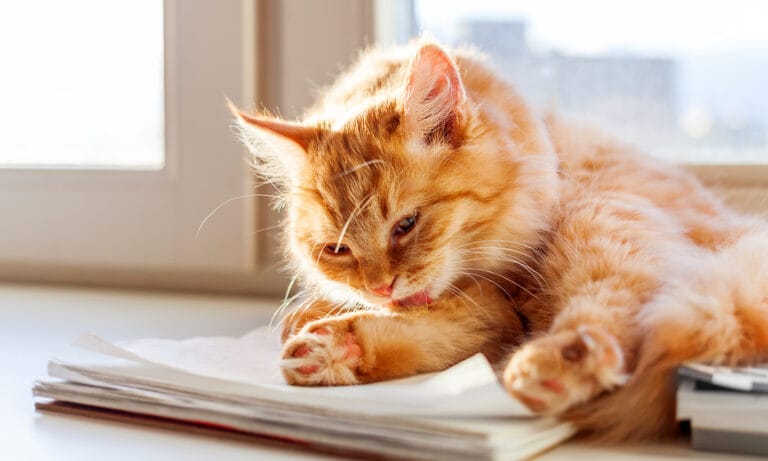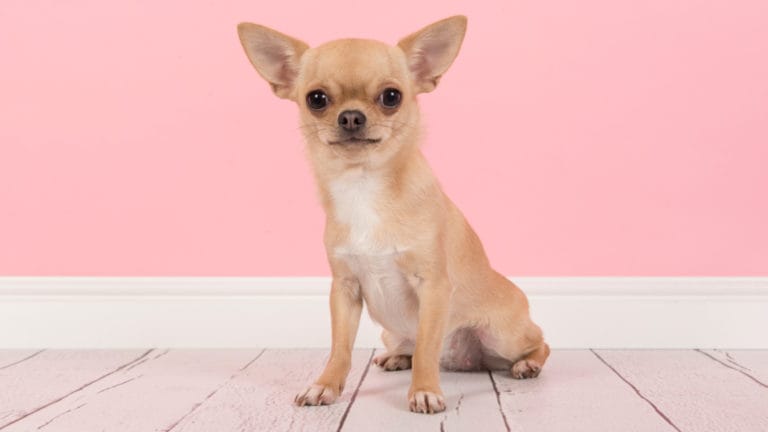Let’s be honest: sometimes having a pet stinks. Literally.
Maybe your dog got caught in the rain or rolled in something unsavory. Maybe your he just has bad breath. No matter the cause, here are five tips to help you prevent pet odors and keep your home smelling fresh.
Start with a Checkup

A variety of medical conditions, including gastrointestinal problems, dental disease and skin infections can cause animals to emit a foul odor, says Dr. Nadine Znajda, a veterinarian who specializes in dermatology at BluePearl Veterinary Partners in Tampa, Florida. Start with a visit to the vet to make sure your pet’s pungency isn’t the side effect of a potentially serious health issue.
Give Them a Bath (And Do It Right)
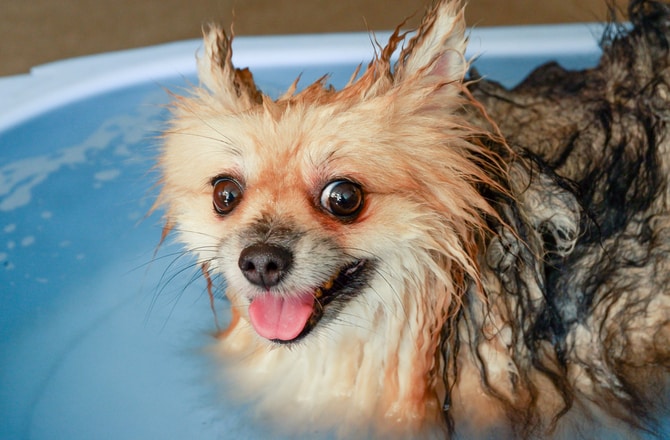
Some dogs with allergies or hormonal conditions, like Cushing’s disease, have oilier skin, says Znajda. That oil can be a breeding ground for bacteria, which can make your pet smell a little funky, she says.
To cut the oil, give these pets a pre-bath wash with a gentle detergent, like unscented Joy or Dawn dish soap, she says. This will also help oil from building up on your furniture.
Then, it’s time for the shampoo. But remember, not all pet shampoos are the same. To keep your pet smelling fresh between baths, use a shampoo that’s gently scented with essential oils, rather than artificial scents, says Dr. Judy Morgan, a holistic veterinarian. The oils will stick to the coat longer and help moisturize the skin.
There are also charcoal-based shampoos that leave behind a light, clean scent, she says. If the pet has moist spots, which can be a breeding ground for stinky yeast and bacteria buildup, using a product with a drying ingredient like bentonite clay can also be helpful.
No matter which shampoo you choose, be gentle when using it (or any product) on your pet, says Znajda. Always apply products by smoothing them into the pet’s coat, moving in the same direction the hair grows. The products don’t need to be worked into a thick lather to do their magic, she says.
When you rinse, use water that’s cool to the touch, says Znajda. Then, pat your pup dry. Rubbing them aggressively with a towel can cause skin irritations, she says.
Spot Clean as Needed
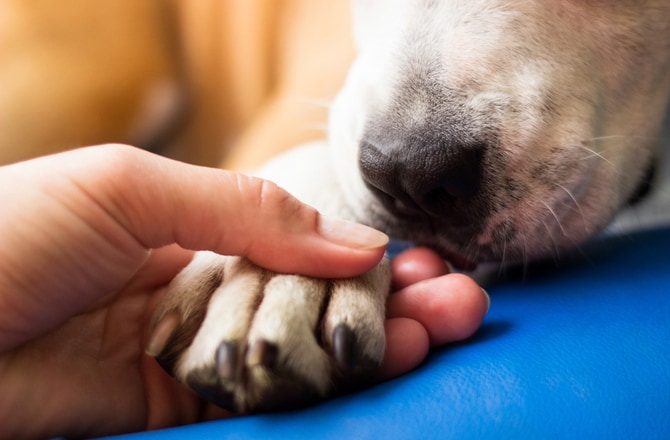
Sometimes pets can smell a little funky after spending time outdoors. Usually, the smell isn’t caused by your pet’s body odor, instead it’s likely the smell of particulate matter, be it grass, pollen or the dead raccoon they just rolled in, that’s stuck to their coat, says Znajda.
This stinky grit can be wiped off with unscented baby wipes, she says. Since pets spend a lot of their time outdoors investigating with their nose, make sure to pay extra attention to their face, muzzle and ears, as well as their feet and undercarriage. Repeat as needed with the wipes.
“You can do this several times per day,” says Znajda. “Anything we can put on a baby’s bottom is pretty safe [for a pet].”
Brush Their Teeth

Ideally, we should be brushing our dog’s teeth as often as we brush our own: twice daily after eating, says Morgan.
Rather than investing in fancy dog toothbrushes and toothpaste, Znajda recommends rubbing baking soda on the teeth with a gauze pad. Afterward, use a moistened pad to remove any excess grit.
There are also water supplements and special foods that can help prevent bacteria-causing odor, she says.
But these are only helpful in slowing down the progress of tartar growth, says Dr. Austin Neely of CityVet-Mid-Cities. “Once the breath smells bad usually only a professional cleaning will fix this,” he says.
How to Prevent Odors

Keeping pets well-groomed can help prevent future odors. If your pup has longer hair, there’s more space for smelly debris to get stuck. Sanitary shaving or and regular trimming gives odor-causing residue fewer places to hide, says Neely.
For dogs who “scoot,” adding pumpkin to the diet can help express the anal glands naturally, he says, while allergy control and routine checkups can help prevent stinky infections caused by excessive scratching.
Since it’s canine nature for dogs to roll in things that smell less than desirable, you can help prevent this by surveying your yard or the dog park for any temptations hiding in the grass.
Sometimes, Znajda says, you just have to roll with it (no pun intended).
“Dogs are dogs. They want to play,” she says. “That’s what we love about them. Having a little bit of an odor comes with the territory.”

Helen Anne Travis is a freelance writer based in Tampa, FL. She also writes for CNN, The Guardian and The Globe and Mail.
Share:
